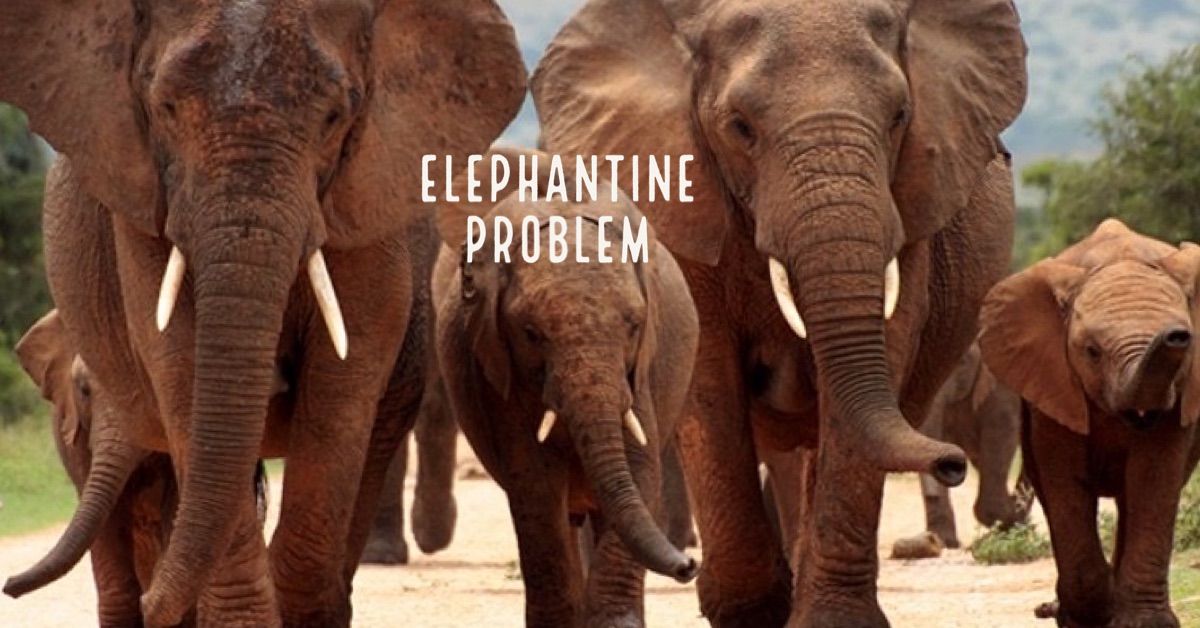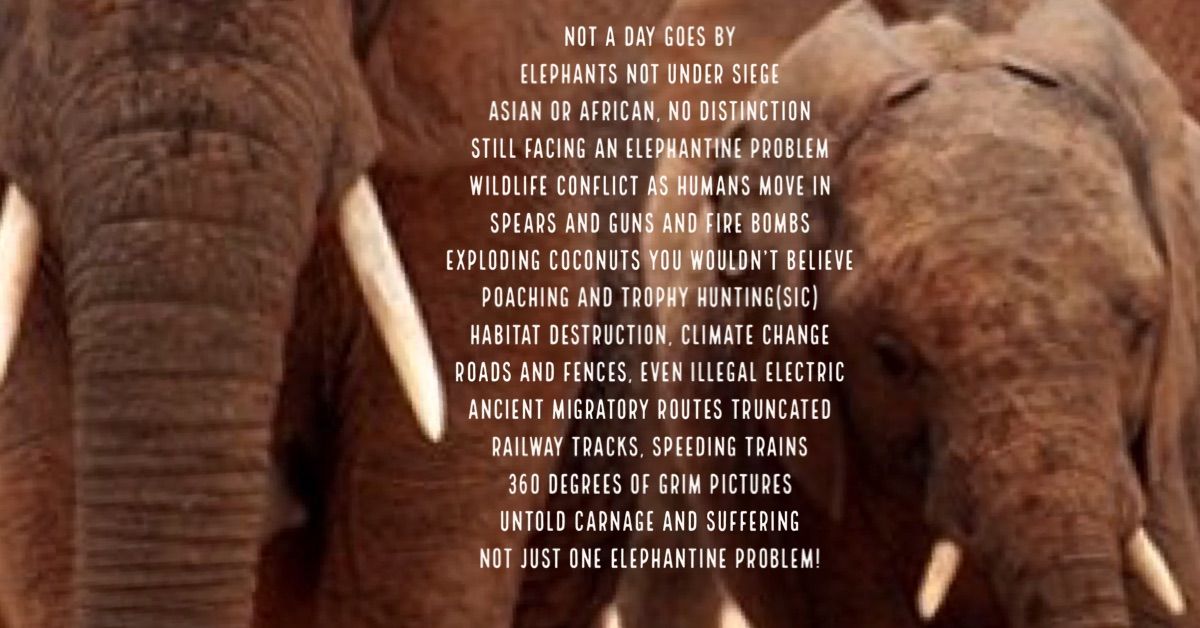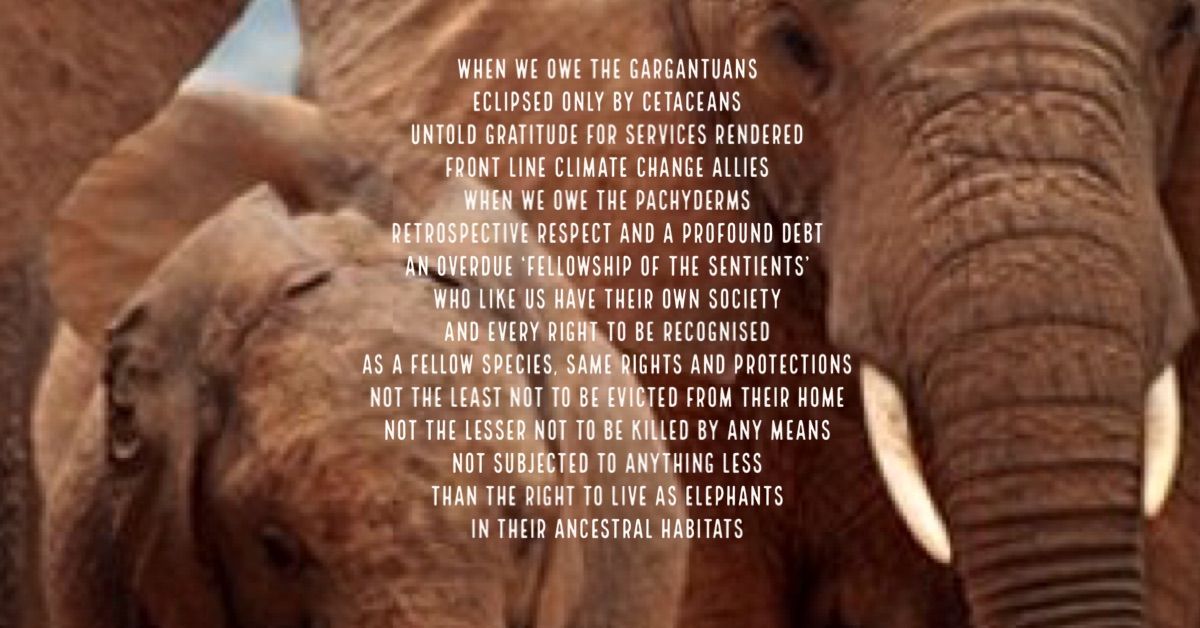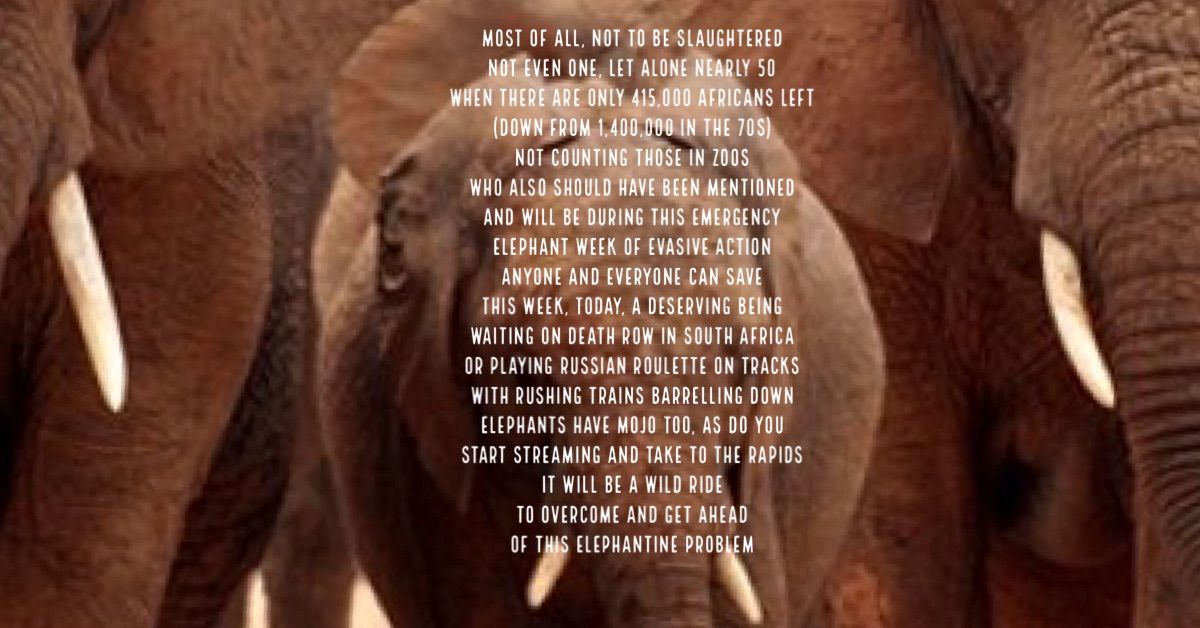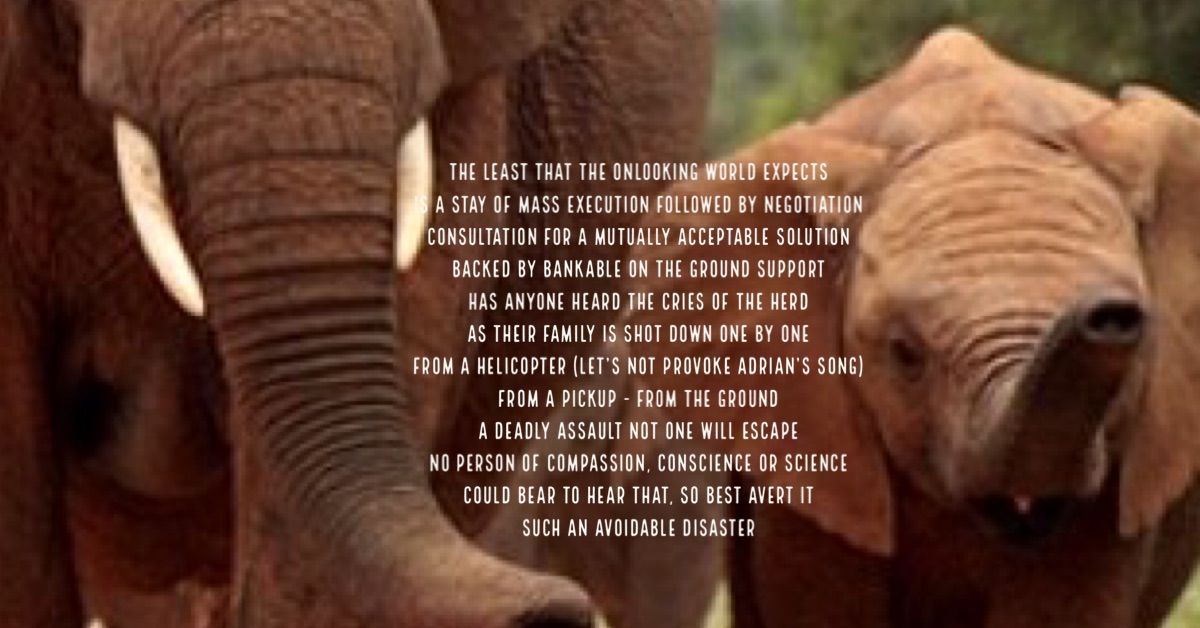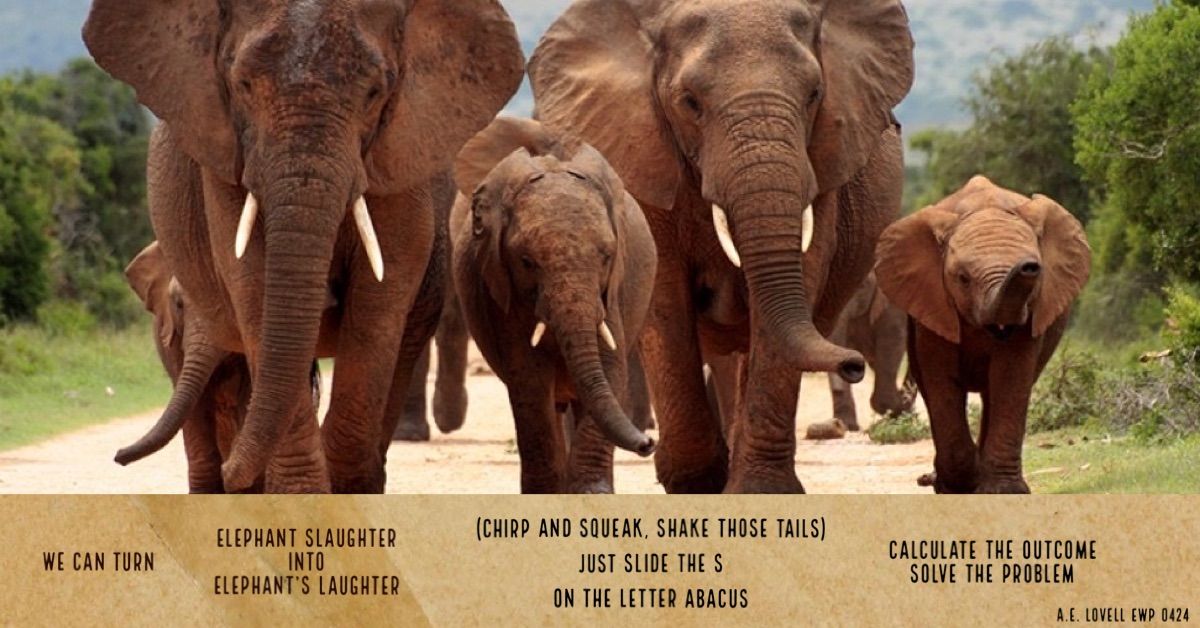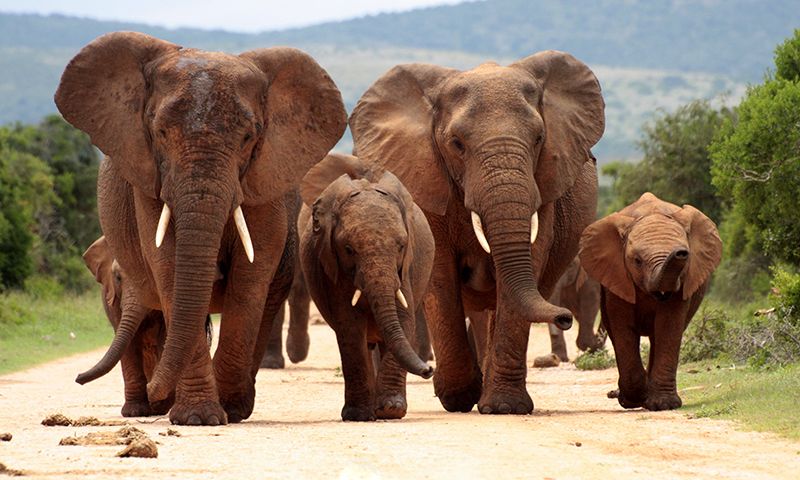Major Routes for Illegal Wildlife Trade
The illegal wildlife trade is a complex and pervasive issue that spans across continents, often exploiting vulnerable ecosystems and endangered species. Major routes for this illicit trade are established based on demand, availability of species, and the effectiveness of law enforcement in various regions. Key areas of focus include Africa and Asia, where rich biodiversity often coexists with political and economic instability. The routes typically emerge from regions abundant in specific wildlife, such as elephants and rhinos in Africa or tigers and pangolins in Asia, moving through various countries before reaching ultimate consumers in wealthier nations.
One of the most notorious routes for illegal wildlife trafficking starts in Central and East Africa, where poachers target iconic species like elephants for their ivory and rhinos for their horns. From countries like Tanzania, Kenya, and the Democratic Republic of Congo, traffickers often transport contraband through ports such as Mombasa, using shipping containers to disguise their illicit cargo. These routes are further complicated by corruption and inadequate enforcement, allowing traffickers to operate with relative impunity. The ivory trade, in particular, has seen a significant increase in demand from Asian markets, making Africa a focal point for poaching and trafficking activities.
In Asia, the illegal wildlife trade is heavily driven by traditional medicine markets and exotic pet industries. Countries like Vietnam and China serve as major destinations for wildlife products, including tiger bones and bear bile. The trade often utilizes overland routes through countries like Laos and Cambodia, where borders are less monitored, facilitating the movement of trafficked goods. Wildlife traffickers frequently exploit the porous nature of these borders to evade detection, taking advantage of local economies and sometimes involving local communities in the trade, whether willingly or through coercion.
The consequences of these trafficking routes extend beyond the immediate loss of biodiversity. The illegal wildlife trade threatens entire ecosystems, disrupts local communities, and undermines conservation efforts. As species populations dwindle, the ecological balance is disturbed, leading to unforeseen consequences such as habitat degradation and the collapse of local fauna and flora. Furthermore, the financial gains from wildlife crime often fund other criminal activities, including drug trafficking and arms smuggling, creating a broader network of organized crime that poses significant challenges to law enforcement agencies worldwide.
Efforts to combat these major routes for illegal wildlife trade have seen varying degrees of success. International cooperation, such as the implementation of the Convention on International Trade in Endangered Species of Wild Fauna and Flora (CITES), has been instrumental in regulating trade and enhancing enforcement. Successful prosecutions in high-profile cases send a strong message, but consistent follow-through is crucial. Community involvement is also vital, as local populations often hold the key to sustainable conservation practices. By educating and empowering these communities, the push against wildlife crime can become a collective effort, fostering a greater appreciation for biodiversity and a commitment to protecting it for future generations.
Identification of Hotspot Regions
The identification of hotspot regions for wildlife crime is crucial in developing effective strategies to combat poaching and the illegal wildlife trade. These hotspots are often characterized by a combination of high biodiversity and significant threats, including economic instability, weak governance, and inadequate law enforcement. Regions such as Southeast Asia, Central Africa, and parts of Latin America have been identified as critical areas where wildlife crime flourishes. In these areas, the intersection of poverty, corruption, and demand for wildlife products creates an environment where illegal activities are prevalent.
In Southeast Asia, countries like Vietnam and Thailand have emerged as major transit points for illegal wildlife trafficking. The demand for tiger parts, pangolin scales, and exotic birds drives poachers to exploit these regions. Furthermore, the porous borders and limited enforcement capabilities allow traffickers to operate with relative impunity. Identifying these hotspots requires collaboration between local governments, conservation organizations, and international bodies to gather data on wildlife population trends, poaching incidents, and trafficking routes.
Central Africa faces unique challenges, as it is home to some of the world's most endangered species, including elephants and rhinos. The illegal ivory trade has decimated elephant populations in countries like Gabon and the Republic of Congo. Conflict and instability in the region further complicate conservation efforts, making it essential to pinpoint areas where poaching is most rampant. By employing satellite imagery, wildlife monitoring technologies, and community reporting systems, conservationists can track poaching activities and develop targeted interventions.
In Latin America, the illegal trade of wildlife, particularly in the Amazon rainforest, poses a significant threat to biodiversity. Species such as macaws, tortoises, and various reptiles are heavily trafficked, often leading to population declines and ecosystem disruption. Identifying these hotspot regions involves understanding the socio-economic factors at play, including deforestation, agricultural expansion, and the role of organized crime in wildlife trafficking. Collaborating with local communities to raise awareness and promote sustainable practices can help mitigate these threats.
Effective identification of wildlife crime hotspots not only aids in resource allocation for enforcement but also informs global conservation strategies. By understanding the specific dynamics of each region, stakeholders can create tailored approaches that address the root causes of wildlife crime. This may involve strengthening local laws, improving community involvement in conservation efforts, and enhancing international cooperation to dismantle trafficking networks. Ultimately, a comprehensive understanding of hotspot regions is essential in the ongoing fight against wildlife crime, ensuring the protection of endangered species and the preservation of biodiversity for future generations.
Be sure to visit Mojostreaming.com and https://mojostreamingwildlife.com/
Cami Ciotta
producer@wildlifecrimeseries.com
Project in development: "Wild Justice" TV Series on Wildlife Crime





